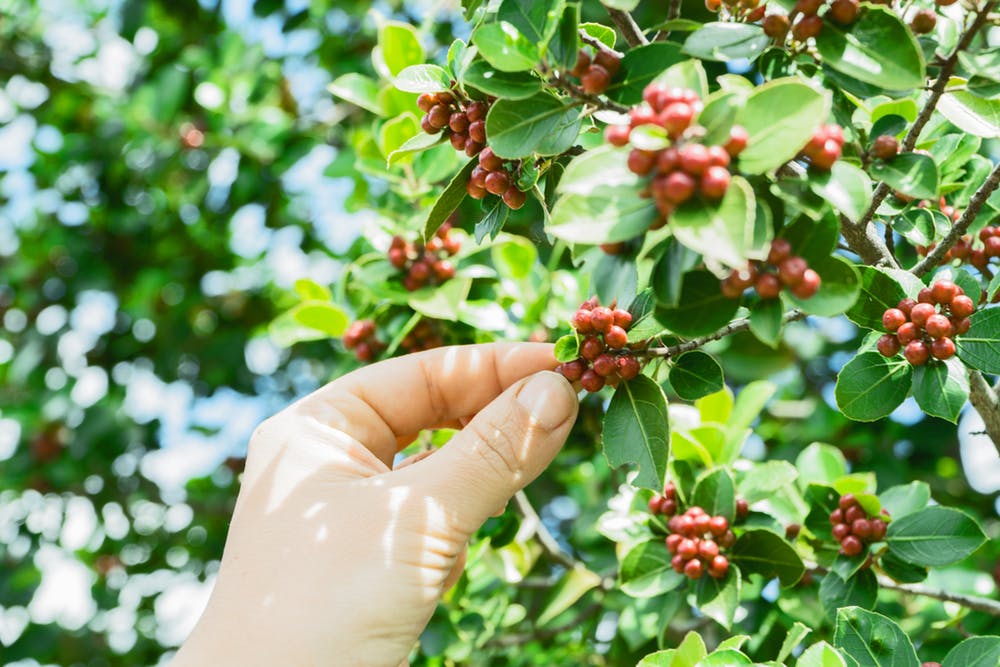
Small, sustainable food businesses can help address the climate and biodiversity crises in our food system. But they attract only a tiny fraction of their financing potential. We decided to show a group of ambitious investors a small sample of the opportunities out there – but would they bite?
Oscar Ibsen on a Food Systems Summit event that connected two very different worlds.
For consumers, sustainable food systems are about changing where our money goes: choosing healthier products that are better for the planet. For investors, it’s not that different. Moving to a healthier, more equal, and less wasteful food system means changing what gets financed, and how.
Working with the Blended Finance Taskforce, you get to see how new financial solutions are already delivering results – and understand the huge potential to scale up how and where these business and finance models are used.
We decided to show a group of ambitious investors a small sample of the investible opportunities out there… but would they bite?
Organised alongside the UN Food Systems Summit, the Future Food Shark Pitch brought together investors and small sustainable food businesses from Latin America, Africa and South East Asia. We set up training for the entrepreneurs on presentation skills and investment, before they pitched their ideas to the impact investors and accelerators, including BNP Paribas, Clarmondial, Rabobank, Calvert Impact Capital and Mirova Natural Capital. Of the 120 entrepreneurs who applied, 14 made it to the final, two won the top prize, and two shared second prize.
The breadth of ideas was impressive. Proposals ranged from agroforestry coffee and nuts, to forest-friendly honey and food colouring, from plant- and ocean-based protein alternatives to sustainable aquaculture. Even more impressive were the positive environmental impacts: these businesses are protecting millions of hectares of Amazon rainforest, preventing millions of tons of CO2 emissions, and generating income for local communities. The full set of businesses is available here.
‘Participating was instructive on every level’ agreed Philip and Pierre, the co-founders of Yolélé Foods and joint winners of the first prize. “We’ll benefit from that help long into the future.” And several investors have reached out to us to get in touch with the entrepreneurs.
It felt good to be part of their success, but the project clearly exposed two challenges faced by entrepreneurs from developing countries.
The first is the lack of access to networks of finance institutions and accelerators. “The Future Food Shark Pitch event is one of the few events globally that I have seen that has pivoted to action via investment in a pipeline of partnerships”, said Ian de Cruz, Global Director, P4G Partnerships. “This type of engagement is exactly what the global context needs”… but, he might have added, so rarely gets.
The second was a reminder that these entrepreneurs and investors come from different worlds. Often, the entrepreneurs started doing what they do because they are exposed to the disastrous results of our unsustainable and unequal food systems. They’re driven by real crises – the desertification of Sub-Saharan Africa or the desperate employment prospects faced by women. These businesses are created for survival.
This is a world away from the multinationals, consultancies, and financial institutions. More investors are focusing on the positive impacts on people and planet. But they still need to hear a story about business cases and profit margins. They want to see slides in their preferred format, using their jargon and hitting their KPIs. This will always be challenging for entrepreneurs with no background in that world – and no network to help them access it.
We tried to help by providing training materials and networks of entrepreneurs at similar stage. However, it’s just a (clean) drop in the ocean. In total, our 14 entrepreneurs were asking for $40 million. The annual global funding gap for smallholder farmers in developing countries is $170 billion.
We need to massively scale these types of events and pipeline networks. For investors, it’s time to do the maths and start incorporating the hidden costs of unsustainable investments into your risk assessment. It is time to go and seek out these small businesses to help you mitigate those risks. They will be the next big thing.
Oscar Ibsen holds a MSc in Biomedical Engineering from Delft University of Technology and wrote his thesis at start-up Meatable, where he worked on their mission to produce cell-based meat without harming animals or the planet. He also studied Culinary Arts in Paris, before setting up an organic bakery in Amsterdam.

